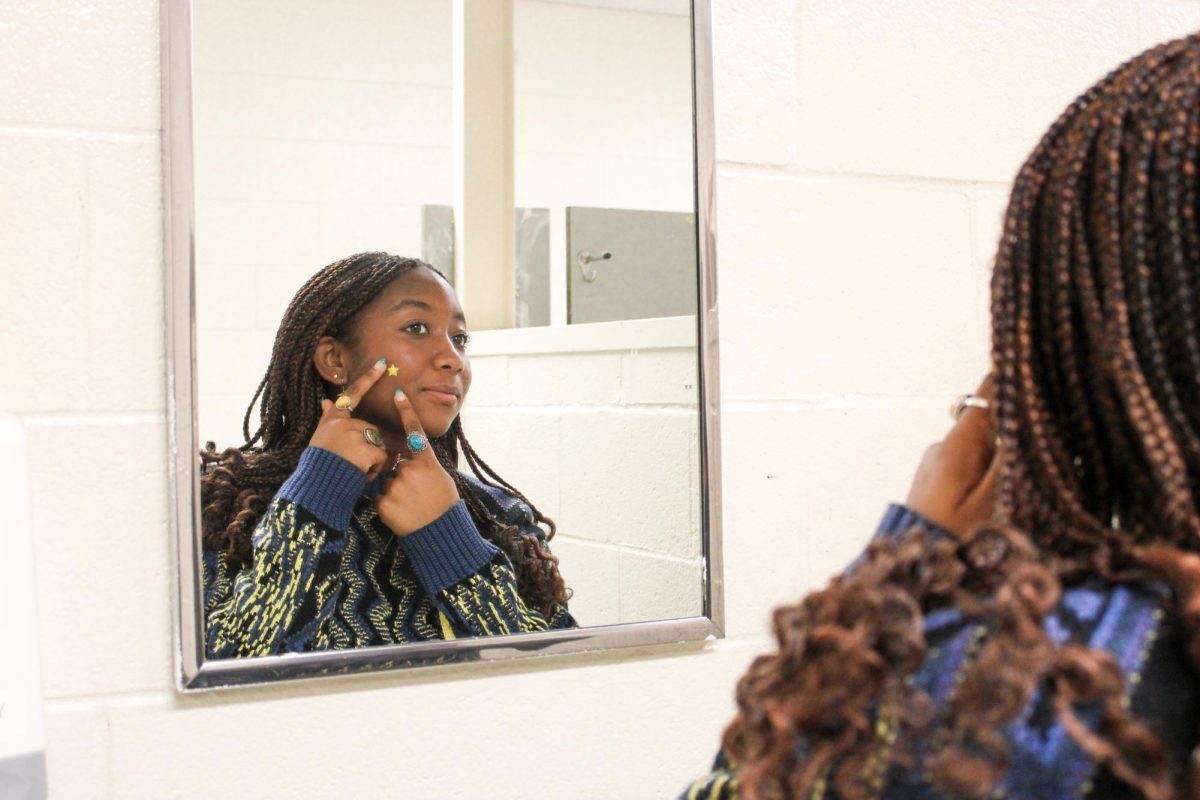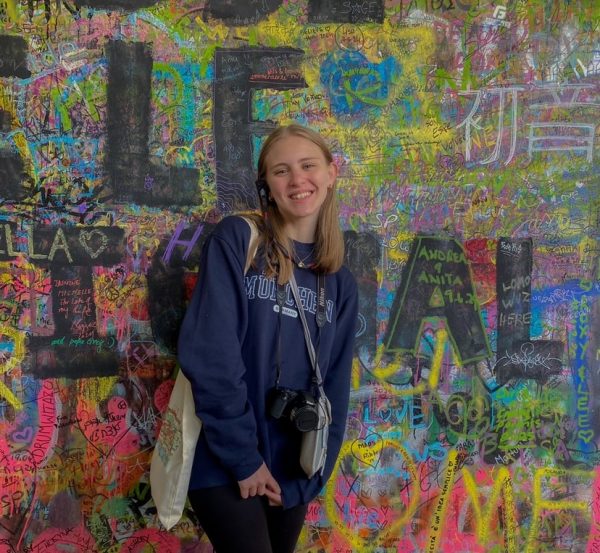Since the early 2010s, social media influencers have dominated the trends in areas such as fashion or makeup. In recent years, however, influencers began to take over the world of skincare. Numerous influencers, such as Flavia Pavanelli, gained fame on Instagram purely from offering skincare advice. Viewers crave content that includes product reviews or videos detailing the influencer’s daily skincare routine. While the follower count of these content creators reflects seemingly helpful guidance, skincare influencers actually mislead countless fans by their inability to take different skin types into account and relate to the public.
Several skincare influencers possess numerous negative aspects, however, not all follow suit. Hyram Yarbro on YouTube, for example, extensively researches the products he recommends in videos. Yarbro not only showcases products he uses or the ones he created in his brand Selfless by Hyram, but he explains what different skin types need and offers a variety of products that help each skin type. Creators similar to Yarbro exist to help their audiences who seek credible guidance for skincare.
“I think for me, [skincare influencers] have been quite helpful. I followed several influencers that focused on acne and I found that their advice really helped me when it came to trying to get my acne under control and fade the scars,” magnet senior Sophia Shelton said.
Helpful influencers exist, however, they do not make up the majority; a multitude of influencers lead viewers astray with unhelpful advice. To create a helpful account, influencers can mention what specific skin types the products they review work for, such as acne-prone or oily skin. Skincare accounts can also offer products similar to the ones they use that work for different skin types, instead of one specific type.
Although Hyram and similar influencers can help, greater reasons support these creators’ harm. Foremost, the audience surrounding influencers causes viewers to blindly follow the creator’s advice. When an influencer uses a product that works for his or her skin, the audience tends to believe it will work for their skin, too. Multiple influencers —such as beauty and skincare content creator Mariale Marrero—do not provide the specific types of skin that certain products work on or they only review products that work for their skin. This leads to followers trying products that damage their skin because they assume it would work for them since it worked for the influencer they watched.
“I think we blindly follow [influencers] because we don’t know much about our skin and how we can take care of it in a healthy way. We don’t know how the products react to our different types of skin and we think that the influencers know what those products do and how they react to the skin,” magnet junior Lucia Wilson said.
Since influencers gain significant popularity with frequent social media use, they lose their relatability to the average person. Various companies, such as the skincare and makeup company Glossier, offer brand deals to influencers in which the influencer receives products from a company in return for advertising. These deals impact what content creators post since the creator does not promote products that necessarily work, but instead advertises whichever brands make deals with them. This change in status turns the skincare influencer into a celebrity-like figure, instead of a person simply giving skincare advice. When an influencer acquires a higher level of money or fame from their account, they tend to lose touch with their audience. Now, the influencer can afford products that working people cannot access or use daily.
To avoid receiving misleading or false advice, those who seek helpful skin care tips can search for influencers who offer beneficial and inclusive guidance. Content creators such as Hyram or Cassandra Bankson consider multiple skin conditions and properties to recommend products that will help a diverse audience. Viewers looking for skincare treatments should examine the influencers they watch to ensure they receive sound guidance instead of damaging information.
“People can be misled by skincare influencers because while the products may work for that influencer, it might not be the same for [the audience]. I think that influencers could put warnings in their content that those products might not work for everyone,” magnet freshman Kaitlyn Lateo said.











